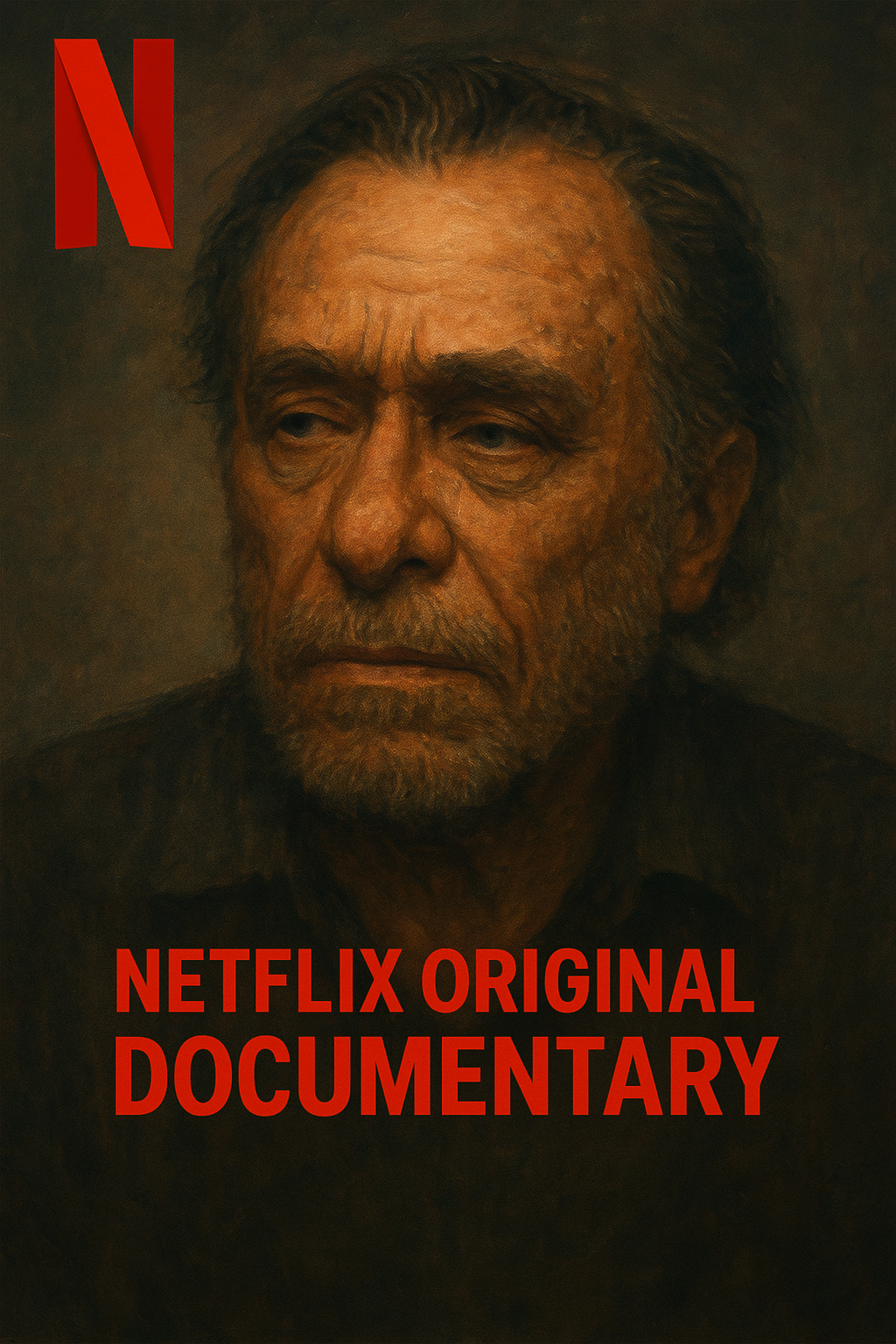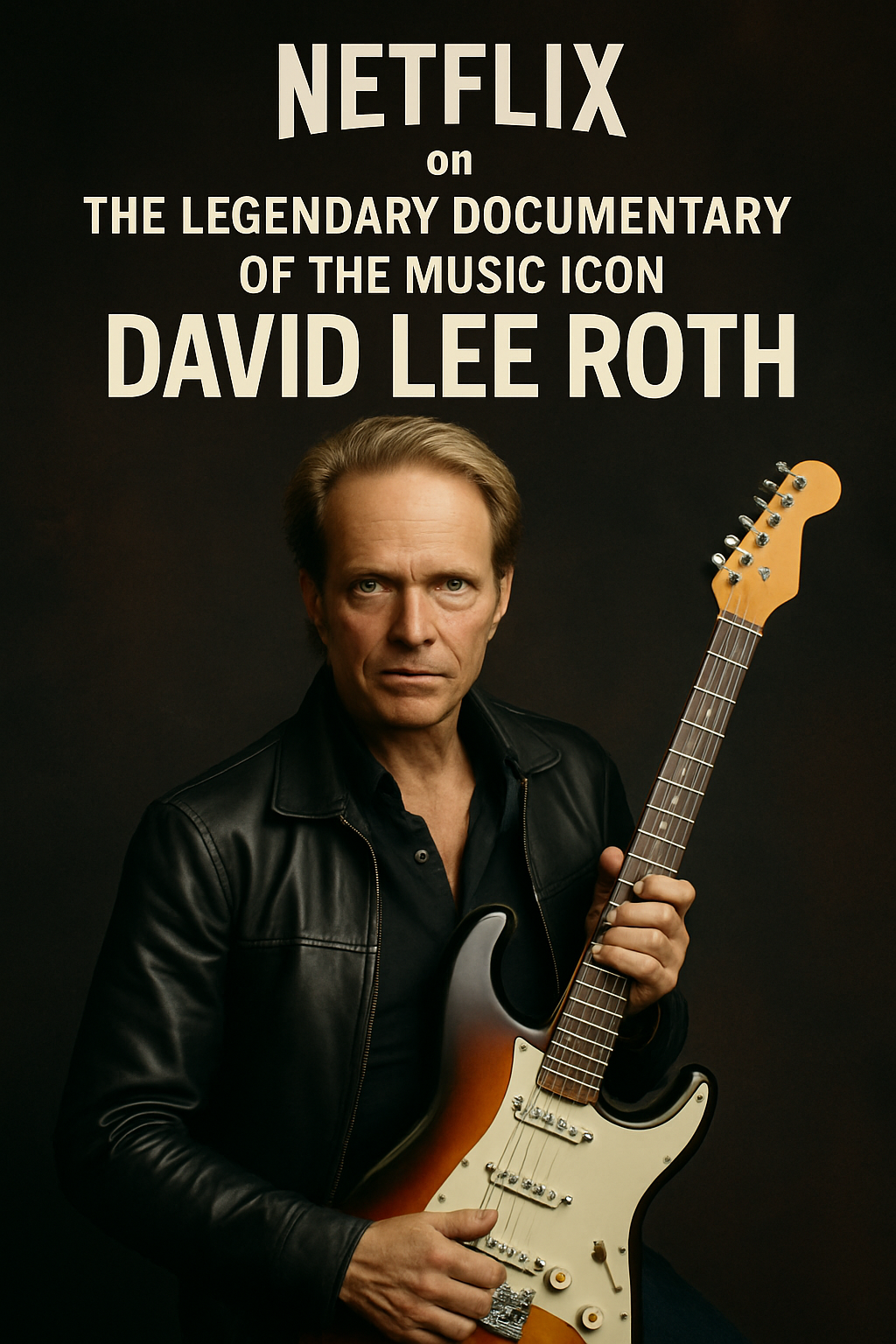Netflix has unveiled the trailer for its upcoming documentary dedicated to the life and legacy of Charles Bukowski, igniting fresh interest in the work of one of literature’s most brutally honest voices. Bukowski, the poet and novelist who chronicled life’s underbelly with raw humor and unfiltered emotion, remains an enduring symbol of rebellion and authenticity. The trailer gives audiences their first look at a film that promises to reveal the man behind the myth, blending archival footage, personal interviews, and cinematic storytelling to capture the essence of a writer who defied every convention.
The tone of the trailer is both nostalgic and haunting, opening with Bukowski’s distinct, gravelly narration echoing over images of dimly lit bars, crowded streets, and lonely rooms filled with cigarette smoke and half-empty bottles. The atmosphere immediately immerses the viewer in Bukowski’s world—a place where art and survival collided. Netflix appears to have taken great care in preserving the gritty realism that defined his life, using a palette of muted tones and intimate close-ups that evoke both beauty and decay.
The documentary promises to explore Bukowski’s difficult upbringing, his years of poverty, and his relentless pursuit of truth through words. Viewers can expect a portrait not of an idol, but of a flawed, deeply human figure whose art came from pain and perseverance. Friends, literary critics, and fellow artists are interviewed throughout, each offering unique perspectives on the man whose writing was as abrasive as it was poetic. Their reflections, paired with rare footage of Bukowski’s public readings, create a layered narrative that celebrates his genius without sanitizing his reality.
What makes the trailer so compelling is its balance between reverence and honesty. It doesn’t shy away from Bukowski’s darker impulses—his battles with addiction, his volatile relationships, his disdain for pretense—but it also captures moments of quiet reflection and vulnerability. In one particularly powerful sequence, Bukowski is seen typing late into the night, his words illuminated by a single flickering lamp. The camera lingers on his face, revealing the weary calm of a man who lived entirely by his own code.
Netflix’s production choices seem designed to immerse viewers in the texture of Bukowski’s world. The cinematography carries a raw, vintage aesthetic, evoking the grime and grit of mid-century Los Angeles, where much of his writing was born. The score, a moody blend of blues and jazz, accentuates the tension between despair and beauty that ran through his work. Every frame seems to echo his philosophy that life, however painful, must be lived fully and honestly.
One of the documentary’s most intriguing elements is its focus on Bukowski’s creative process. Through handwritten drafts, readings, and old recordings, audiences gain insight into how his experiences shaped his voice. The film highlights his disdain for perfection and his embrace of imperfection as a form of art. His work was never polished or romanticized; it was the language of the streets, the factories, the lonely hearts of a city that never slept.
The trailer also gestures toward Bukowski’s unexpected tenderness—his love of cats, his moments of quiet introspection, and his fascination with everyday people. Behind the hard-drinking persona and sharp tongue was a man who felt deeply, whose empathy for the downtrodden gave his work its enduring resonance. Netflix seems determined to show that Bukowski’s legacy isn’t defined solely by his defiance, but also by his humanity.
Critics and fans have already begun to call this project one of Netflix’s most ambitious literary documentaries. Its layered storytelling, immersive visuals, and emotional weight suggest a film that will speak to both longtime admirers and newcomers alike. In a world that often prizes image over authenticity, Bukowski’s unfiltered honesty feels more relevant than ever. The documentary invites viewers to confront uncomfortable truths about art, fame, and the cost of living unapologetically.
The trailer’s closing moments are especially striking. Bukowski’s voice, soft yet defiant, delivers one of his most famous lines: “We’re all going to die, all of us. What a circus.” His words hang in the air as the screen fades to black, leaving an aftertaste of melancholy and truth. It’s a reminder that his philosophy was never about despair—it was about acceptance, about finding meaning in chaos. Netflix’s film appears to capture that spirit perfectly.
Beyond being a biographical portrait, the documentary feels like a meditation on what it means to be an artist in a world that doesn’t always value honesty. It explores the tension between genius and self-destruction, between the desire to create and the struggle to survive. Bukowski’s life was a testament to persistence—proof that even amid failure, rejection, and self-doubt, art can emerge from the ashes.
Netflix’s growing library of artist-centered documentaries has earned critical acclaim, and this new addition looks poised to continue that tradition. With its poetic visuals, haunting score, and unflinching narrative, the film promises to bring Bukowski’s world to life with rare authenticity. It’s not just a documentary—it’s an experience, a reflection on the messy, beautiful reality of being human.
As anticipation builds ahead of its release, one thing is certain: Netflix has once again tapped into the heart of storytelling itself. By honoring Bukowski’s words and world, the platform invites viewers to confront their own fears, flaws, and truths. In an era of perfection and pretense, Bukowski’s voice remains a reminder that imperfection is the truest form of art. The upcoming documentary promises to leave audiences both shaken and inspired—just as his words always have.

